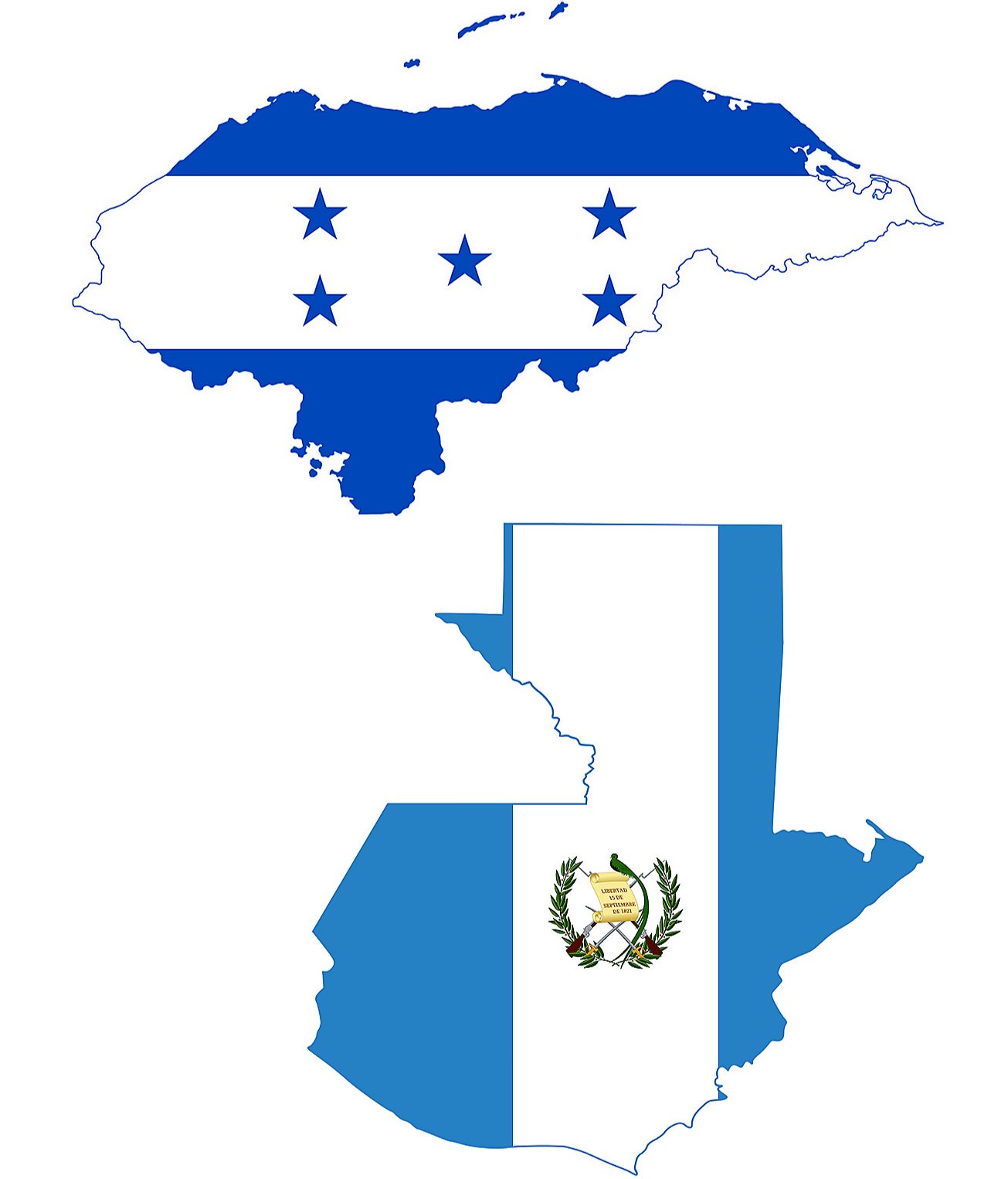Rwanda - Sake Farm - The Womens Wash Station






Rwanda - Sake Farm - The Womens Wash Station
About This Coffee
This Rwandan coffee from the Ngoma District is light-medium roast and has a smooth body and good acidity. The coffee beans’ variety - Red Bourbon is widely recognised for its complexity and sweet cup profile. It has been Fully washed and Sundried, grown at an altitude of 1600 - 2000m. In 2024, this coffee was granted The Great Taste Award for its exquisite flavour.
The judges of the 2024 panel commented: “The aroma is gently enticing, and that of the ground beans even more so, with some sweetness evident within the richly umami-suggestive, roasty notes. The liquor in the cup is intriguingly perfumed while also a little earthy. The palate carries juicy acidity, notes of citrus fruit and suggestions of florality, perhaps dried sour cherries, with a pleasing balance and gentle mouthfeel. A well produced, interesting coffee.”
Tasting Notes
Berries and milk chocolate.
Growing Coffee in Rwanda, Sake Farm
Located in the district of Ngoma, in the eastern part of Rwanda, the Sake Farm takes its name from the lake Sake, that runs alongside it. The plantation has been managed by Marie Laetitia Kayitesire since 1999, when the first bourbon coffee variety was planted.
The Sake Farm plantation supports in the region of 2,400 farmers in the surrounding area. With financial support from JDE, ITC and the Kahawatu Foundation (Sucafina’s sustainability implementer) will improve the technical infrastructure and skills at the plantation and its processing unit. This will increase the quality and quantity of the coffee produced, as well as improve the farm’s ability to pass on knowledge that will benefit smallholder farmers, making Sake Farm an extremely valuable information hub.
Ms. Marie Laetitia Kayitesire, Managing Director of Sake Farm, planted the first coffee trees on her plantation in 1999 and today its 30 hectares are planted with Arabica Bourbon variety trees. In 2003, with support from USAID, Ms. Kayitesire secured the investment to build a coffee washing station, which serves Sake Farm and buys and processes the coffee of smallholder farmers in the surrounding area. The wash station is staffed by women only and is known as The Womens Wash Station.










